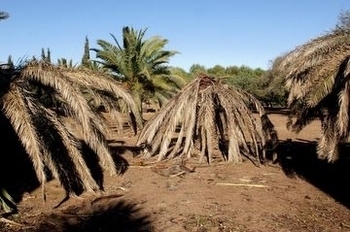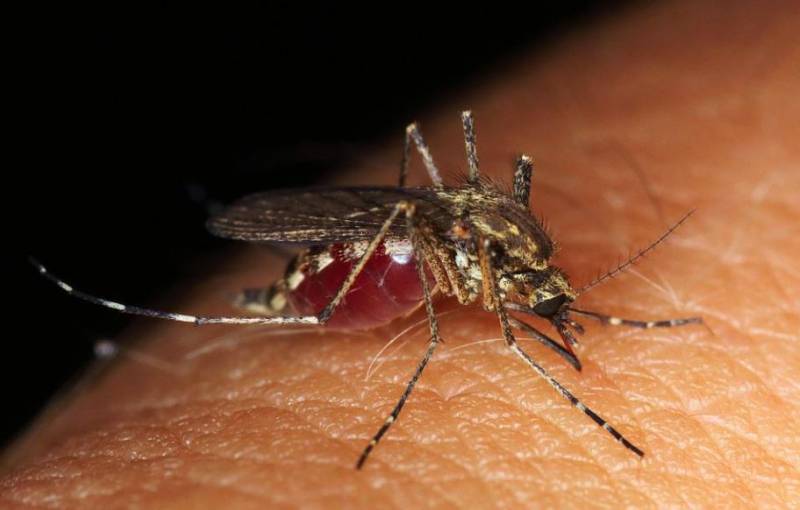

Guidelines for submitting articles to San Pedro del Pinatar Today
Hello, and thank you for choosing San Pedro del Pinatar.Today to publicise your organisation’s info or event.
San Pedro del Pinatar Today is a website set up by Murcia Today specifically for residents of the urbanisation in Southwest Murcia, providing news and information on what’s happening in the local area, which is the largest English-speaking expat area in the Region of Murcia.
When submitting text to be included on San Pedro del Pinatar Today, please abide by the following guidelines so we can upload your article as swiftly as possible:
Send an email to editor@spaintodayonline.com or contact@murciatoday.com
Attach the information in a Word Document or Google Doc
Include all relevant points, including:
Who is the organisation running the event?
Where is it happening?
When?
How much does it cost?
Is it necessary to book beforehand, or can people just show up on the day?
…but try not to exceed 300 words
Also attach a photo to illustrate your article, no more than 100kb

Spanish Gardening pests and problems, The fluted scale insect.
Gardening Costa Cálida, the scale insect
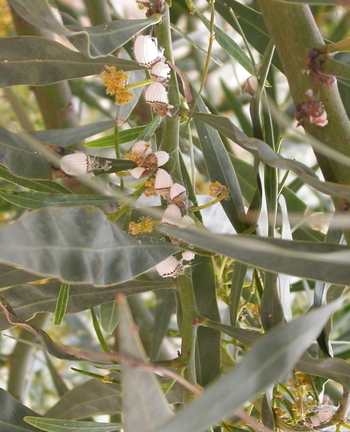
Scale insects feed by sucking sap from the leaves and stems of their host plants and heavy infestations result in the plant showing poor growth. Some species of scale insect excrete a sugary liquid known ashoneydew which makes the foliage sticky. A black fungus known as sooty mould often develops on the honeydew, especially under damp conditions, which are exactly the conditions we currently have now after the recent rains.
 Most scale insects feed on the underside of leaves and they have a habit of flicking their excreta away from the leaf surface so that stickiness and sooty mould develops on the upper surface of leaves below where the insects are actually feeding.
Most scale insects feed on the underside of leaves and they have a habit of flicking their excreta away from the leaf surface so that stickiness and sooty mould develops on the upper surface of leaves below where the insects are actually feeding.
There are many types of scale insects, including the better known cochineal, famed for the problems it causes on cacti and the red colouring produced by processing it, but the most common variety here is the fluted or cotton scale insect. The insects have a cottony, shell like covering over their bodies, and the females lay their eggs inside the protection of this shell, creating a large egg mass, with distinctive grooving.
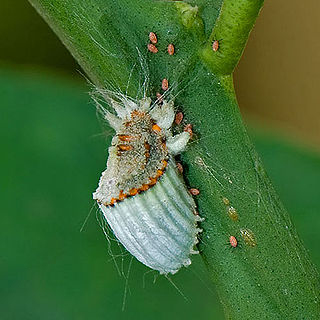 In many species only female scales occur and reproduction takes place without fertilisation. In those species that do have males, these are small winged insects but the females never have wings and they do not emerge from beneath their covering scale. Infestations of scale insects are spread by the crawler stage, which may travel quite long distances before stopping to feed, and which can also be spread by the wind
In many species only female scales occur and reproduction takes place without fertilisation. In those species that do have males, these are small winged insects but the females never have wings and they do not emerge from beneath their covering scale. Infestations of scale insects are spread by the crawler stage, which may travel quite long distances before stopping to feed, and which can also be spread by the wind
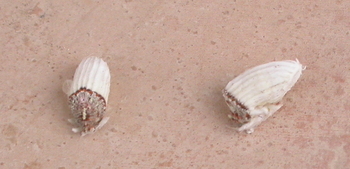
Local agricultural suppliers will supply suitable chemical treatments if you take along a sample of the scale, or you may wish to spray with fairly concentrated washing up liquid or paraffin, as both of these cause the protective coat to break down and the heat of the sun will do the rest.























